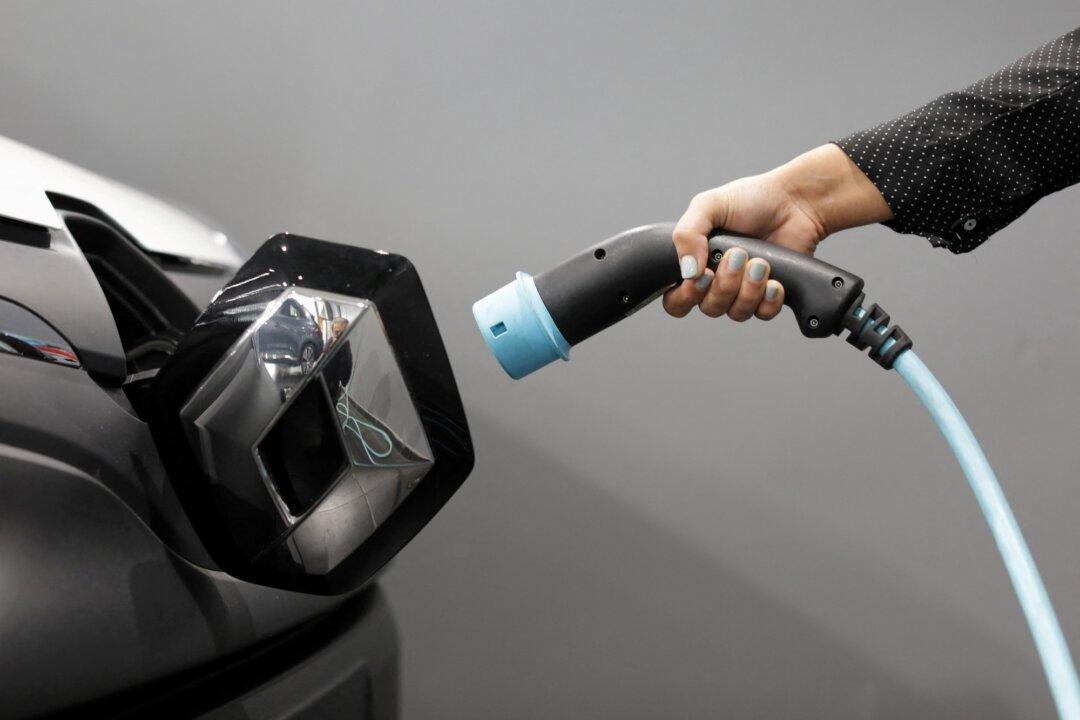LONDON—Governments and utilities need ambitious plans to cut red tape to install vehicle chargers if Europe is to be ready for 130 million electric vehicles (EVs) by 2035, a new report from EY and Eurelectric said on Tuesday.
According to “Power sector accelerating e-mobility,” by the professional services group and Europe’s utilities trade body, Europe will need 65 million EV chargers—9 million public and 56 million residential—to handle the huge growth anticipated in EVs from the 3.3 million on Europe’s roads today.





